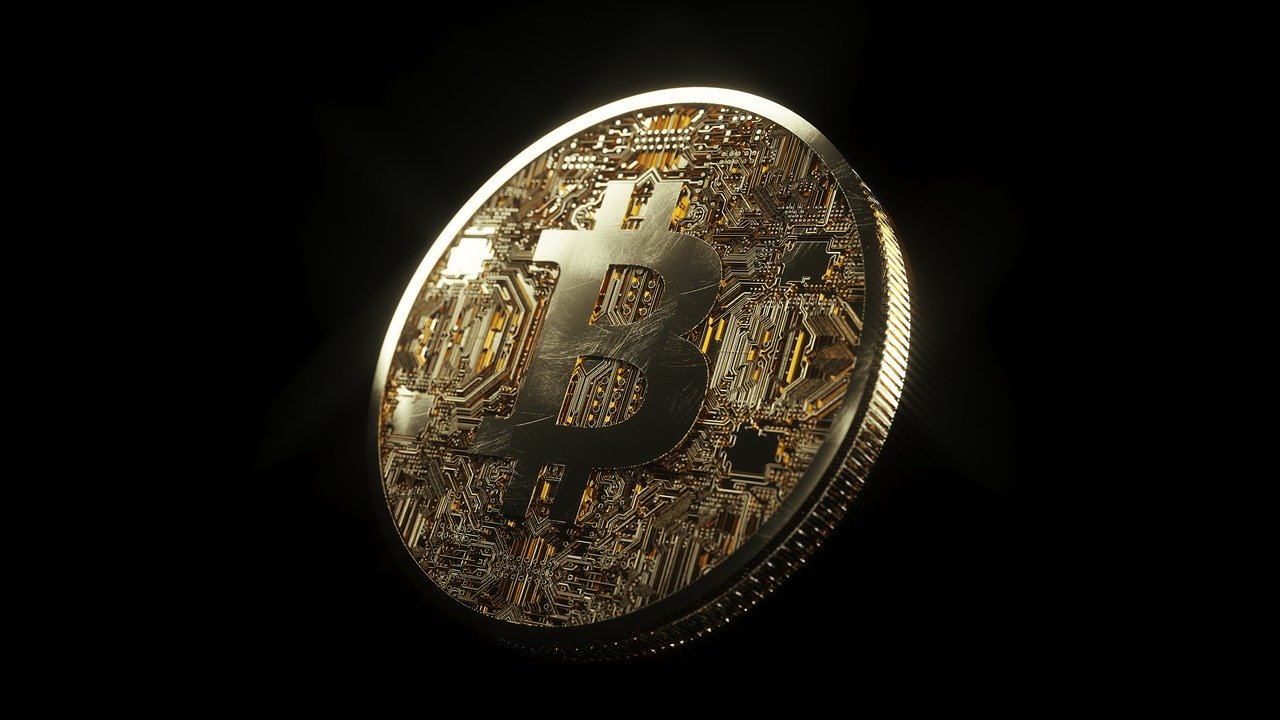Even though Bitcoin lives solely in the electronic domain, a large practical operation described as mining takes place beneath the scenes. In the mining procedure, computerized technology is utilized to find the lucky combinations and protect the infrastructure.
To put it another way, the more technology bitcoin consumes, the less hackable it becomes. trustpedia.io/de/trading-robots/ is a type of private limited corporation that is unique to the United States. Shareholders are shielded from most or all of the corporation’s responsibilities and obligations under this corporate arrangement.
What is the connection connecting the energy sector and Bitcoin?
The surge in prominence of cryptocurrencies such as Bitcoin and the blockchain infrastructure that surrounds them present both challenges and opportunities for the electricity business. As the popularity of computerized assets has expanded, so has the requirement for electricity to power cryptocurrency „mining“ enterprises.
Highly concentrated high electric power consumption may surpass available electrical generation, culminating in increased electricity expenditures for customers. However, not all cryptocurrencies necessitate energy-intensive mineral deposits. Some coins can run on fewer emission technologies.
Additionally, blockchain infrastructure can assist the energy sector by enabling electricity and commercial interactions to take place on an electricity meter.
Bitcoin and other cryptocurrencies are often characterized as electronic economies because they may be used to make transactions without the participation of financial institutions or other third-party intermediaries. Blockchain is the primary innovation that underpins cryptocurrencies.
How can blockchain aid in the upkeep of digital currencies?
A blockchain is a decentralized digital database that enables parties who might not recognize one other to agree on preexisting financial instruments and authorization to undertake new business. A blockchain can be developed in a multitude of manners by incorporating additional blocks.
Miners—those attempting to generate a block to a cryptocurrency using PoW—were confronted with a significant conceptual challenge. Crushers are compensated in Bitcoin for developing and publishing new transactions in the Bitcoin price. Other approaches require minimal resources.
What are businesses undertaking to cut their electricity expenditure?
Mining enterprises must stay lean, green, and sustainable, which they typically accomplish by employing abandoned renewable energy sources, as explained more in this article. Because of cryptocurrency’s built-in energy mining economic framework, we’ll look at why alternative sources may unexpectedly have a fighting opportunity against oil.
- A growing number of energy providers realize that they can mine cryptocurrencies using abandoned electricity at no incremental environmental tax. Numerous forward power companies effectively implement cryptocurrency mining into their businesses by simply putting a container of cryptocurrency mining equipment on their property. These docker containers mining equipment are free to maintain since the electricity used is free and would otherwise be consumed into the sky or frittered away.
- By adding mining into their processes, these power companies may now choose to sell their electricity or mine cryptocurrency, which is the more economical option. When marketplace desire for energy falls, or there is an unreliable or inconsistent power source, the mining equipment can be activated to act as last-resort power generation distributors.
Is it true that an improvement in bitcoin mining lowers its valuation?
Nonetheless, even as resource expenditures have fallen, the difficulty of bitcoin mining has increased on a global scale. Except for two cases, productivity standards have gradually improved over the previous quarter.
The decrease in bitcoin mining compensation from 25 to 12.5 means that miners must work more demanding to get the same quantity of bitcoins as previously. Then there’s anticipation, which has played a significant role in driving up bitcoin prices.
As a consequence of technological coin splits, efficient approaches that require less processing resources have been adopted.
Conclusion
Notwithstanding the issues that cryptocurrency mining presents to the power sector, there are also possibilities, especially in the blockchain. Electric car supercharger infrastructure and decentralized electricity are two examples. That conversation can take place at a later time.





